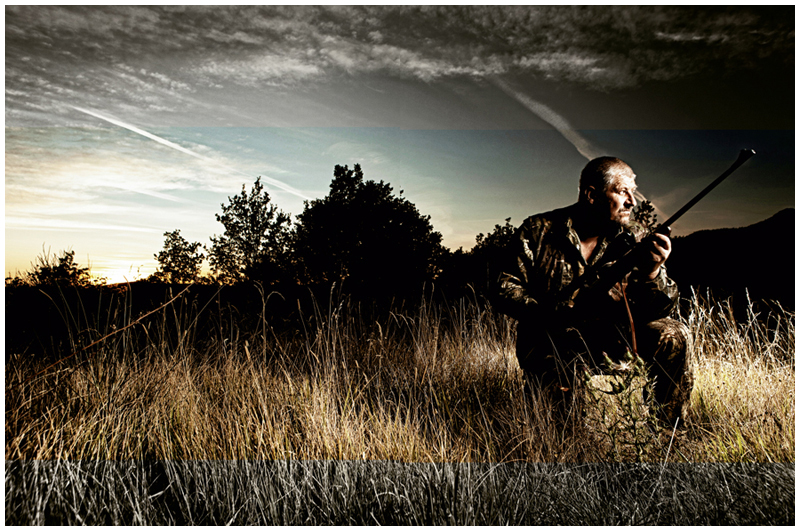
The niche but solid insurance market for sporting weapons and facilities is ripe and ready for picking by agents, brokers and carriers capable of specializing in this quickly growing segment.
Despite the continued slow economic recovery, folks who love the outdoors are increasingly getting into shooting sports, says Brent Skiles, assistant vice president, underwriting for Philadelphia Insurance Cos. He cites a “nationwide rebirth of outdoor recreation,” with a hard focus on shooting activities, in spite of extensive media coverage this year over proposed state and federal laws seeking mandatory liability insurance for all gun owners.
Recommended For You
Want to continue reading?
Become a Free PropertyCasualty360 Digital Reader
Your access to unlimited PropertyCasualty360 content isn’t changing.
Once you are an ALM digital member, you’ll receive:
- Breaking insurance news and analysis, on-site and via our newsletters and custom alerts
- Weekly Insurance Speak podcast featuring exclusive interviews with industry leaders
- Educational webcasts, white papers, and ebooks from industry thought leaders
- Critical converage of the employee benefits and financial advisory markets on our other ALM sites, BenefitsPRO and ThinkAdvisor
Already have an account? Sign In Now
© 2025 ALM Global, LLC, All Rights Reserved. Request academic re-use from www.copyright.com. All other uses, submit a request to [email protected]. For more information visit Asset & Logo Licensing.








